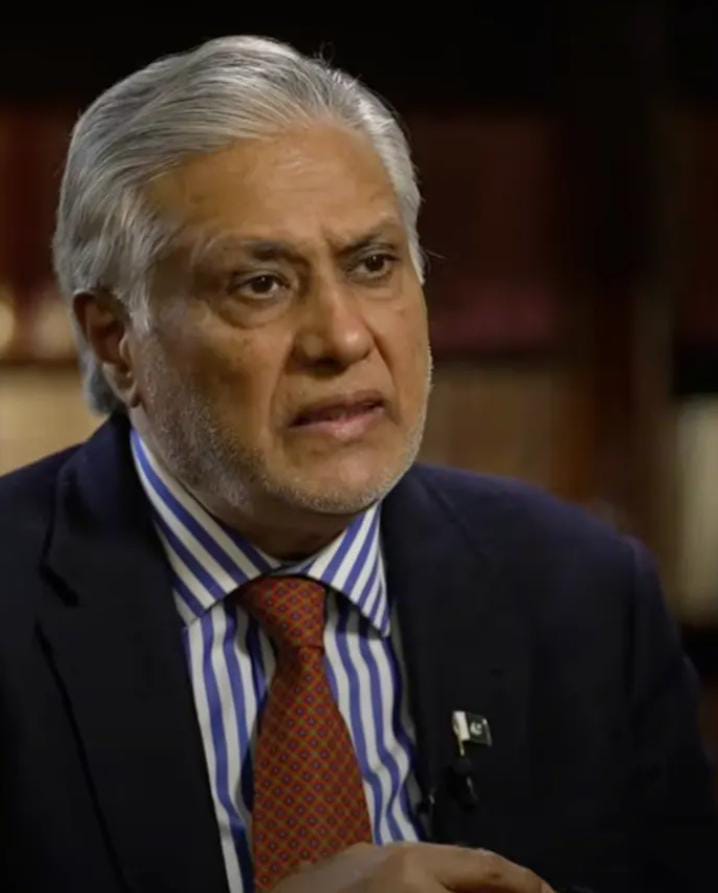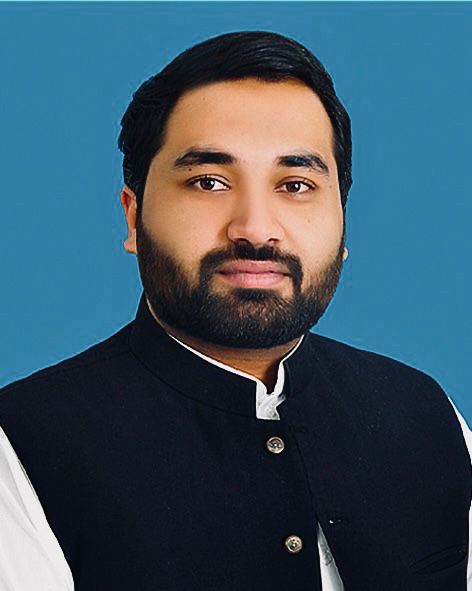Dar’s Diplomacy and Reimagining Pakistan
In the ever-volatile world of international relations, Pakistan has long been a country of paradoxes — endowed with immense geopolitical importance yet often beset by diplomatic isolation. However, the recent months have marked a remarkable departure from that pattern. At the center of this quiet revolution in foreign policy stands a name more commonly associated with spreadsheets than statecraft: Ishaq Dar.
Long known as a financial troubleshooter, Dar’s elevation as both Deputy Prime Minister and Foreign Minister was, to many, a surprising political maneuver. The appointment stirred a spectrum of reactions — from cautious optimism to outright skepticism. Could a man who had spent his career balancing budgets and negotiating with financial institutions navigate the charged and often unpredictable terrain of global diplomacy?
But in what is fast becoming one of the most compelling chapters in Pakistan’s recent history, Ishaq Dar has not only risen to the challenge — he has reshaped the very tone and trajectory of Pakistan’s foreign policy.
A Diplomatic Battlefield Turned Strategic Advantage
The past year began with heightened tensions between Pakistan and India, sparked by a series of border skirmishes, propaganda offensives, and diplomatic standoffs. Historically, such events have drawn Pakistan into a defensive posture on the global stage. This time, however, Islamabad adopted a remarkably calibrated strategy — measured, firm, and forward-looking.
Instead of reacting impulsively, Pakistan used the moment to project diplomatic maturity. The Foreign Office, under Dar’s leadership, adopted a tone of restraint and reason, which earned international praise. Pakistan’s principled stance, particularly on regional stability and responsible state behavior, found resonance at key global platforms — from the United Nations to the Gulf Cooperation Council.
Paradoxically, the confrontation with India — typically a source of diplomatic pressure — became an unlikely springboard for Pakistan’s global re-engagement. Countries that had grown distant began to re-evaluate their ties with Islamabad. And foreign policy watchers noticed: Pakistan was not only back in the conversation, it was speaking with renewed confidence.
Passport Recovery and Policy Reset
One of the quiet indicators of this shift has been the improvement in Pakistan’s passport ranking. Though modest in numbers, the climb reflected something deeper — a growing confidence in Pakistan’s stability, governance, and global positioning.
Financial institutions, long wary of Pakistan’s economic volatility, began to reassess their stance. The International Monetary Fund (IMF), World Bank, and other lenders showed renewed trust, largely due to the synchronized messaging between Pakistan’s economic and foreign policy teams — both of which Dar had a hand in shaping.
Trade and diplomatic pacts were stitched across a diverse arc — from energy cooperation with the Gulf to regional transit corridors through Central Asia. Perhaps most significantly, a trilateral understanding involving Afghanistan and a key regional power helped stabilize one of Pakistan’s most volatile borders, ushering in hope for regional peace and economic integration.
On the other side of the globe, Pakistan’s ties with the United States underwent a quiet but meaningful reset. While past years were marked by mistrust and mutual fatigue, recent engagements have signaled a new pragmatism — one grounded in security coordination, counter-terrorism, climate resilience, and economic diplomacy.
Strategic Synergy: The Field Marshal’s Global Outreach
Complementing the diplomatic efforts of the Foreign Office has been the strategic clarity and statesmanlike engagement of Field Marshal Syed Asim Munir, Pakistan’s Chief of Army Staff. His military diplomacy — often behind the scenes — has been instrumental in reshaping Pakistan’s global image as a stabilizing force rather than a security challenge. From deepening defense cooperation with Gulf nations to forging security dialogues with China, Central Asia, and key Western powers, Field Marshal Munir’s vision has brought Pakistan’s strategic priorities in sync with its diplomatic objectives. His emphasis on economic security, regional peace, and internal cohesion has fortified the credibility of Pakistan’s message abroad, allowing Dar’s diplomacy to gain momentum on a foundation of strategic trust.
From Finance to Foreign Policy: A Seamless Transition
Ishaq Dar’s role in orchestrating this diplomatic turnaround cannot be overstated.
Initially viewed as a misfit in the foreign policy arena, Dar faced criticism for being a finance czar thrust into diplomatic robes. Many questioned whether he possessed the nuance, strategic temperament, or global acumen to represent Pakistan on the international stage.
But as the months unfolded, those doubts began to fade.
Dar’s background in international finance, far from being a limitation, turned out to be his greatest asset. He understood the corridors of the IMF and World Bank not merely as negotiation chambers but as geopolitical arenas in themselves. He spoke the language of global investors, financial ministers, and development planners — and used that fluency to recast Pakistan’s image as a responsible, forward-thinking state.
Moreover, Dar brought with him a technocratic discipline — the ability to align foreign policy with economic strategy. His meetings weren’t just about diplomacy; they were about deliverables. He advocated trade-based diplomacy, championed regional economic cooperation, and focused on economic corridors as the new arteries of peace.
The Case for Continuity
While Dar’s appointment was initially viewed as transitional or experimental, his performance has triggered a broader conversation about continuity in leadership. Pakistan’s foreign policy gains — incremental but undeniable — stem not just from tactical maneuvers but from a vision of engagement over isolation, pragmatism over populism.
Whether representing Pakistan at international summits, coordinating with Gulf allies, or framing a coherent narrative on Kashmir and Palestine, Dar has demonstrated both clarity and composure. In bilateral diplomacy and multilateral negotiations alike, he has projected Pakistan not as a reactive power, but as a state ready to shape outcomes.
Conclusion: Reimagining Pakistan’s Global Posture
Pakistan’s diplomatic landscape has often been reactive, shaped by crises rather than strategy. But in this new chapter — under the dual stewardship of Deputy Prime Minister and Foreign Minister Ishaq Dar, with the strategic vision of Field Marshal Syed Asim Munir — there are signs of deliberate, forward-leaning engagement.
To critics, Dar’s success may seem surprising. To seasoned observers, it is a case study in how leadership, when backed by institutional knowledge and political resolve, can transcend its perceived limits.
Dar’s diplomacy has not only improved Pakistan’s external relations — it has helped reimagine Pakistan’s global posture. And in doing so, he has redefined his own political legacy: not merely as a finance technocrat, but as one of Pakistan’s most dynamic and visionary foreign policymakers in recent memory.



